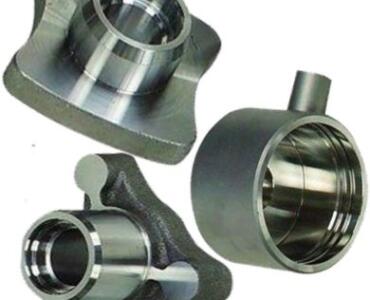


FEATURES
ROUND BARS
SIZE
M8-M125
STANDARD
AISI, ASTM, S275JR, S355JR, 8.8, 10.9, EN8D, EN19,40Cr, 42CrMo
MATERIAL
Carbon Steel, Alloy Steel
CERTIFICATE
EN 10204.3.1
Steel Beams:
A steel beam is a structural steel product that is made to support heavy loads. It come in different sizes and types. Hence their different applications in the construction of structures and buildings. The specifications of a structure determine the geometry, size and shape of beams.
General:
I beams have a variety of important uses in the structural steel construction industry. They are often used as critical support trusses, or the main framework, in buildings. They ensure a structure’s integrity with relentless strength and support. If you have a beam of steel which has a basic permissible bending stress of about 23000 lbs per square inch, by the time you make allowances for the span and the lack of restraint, the actual bending stress that the beam can handle is down to about 6100 lbs per square inch under these conditions.
When supporting joists that span 12 feet with no overhang beyond the beam, a double ply beam can span in feet a value equal to its depth in inches. A double 2×12 beam can span 12 feet; a (2) 2×10 can span 10 feet and so on.
Steel Structural Fabrication:
Structural steel fabrication is the process of cutting, bending, shaping, and assembling steel to create different products. Moreover Structural steel fabricators produce various steel sections and assemble them to create mega structures. For example like buildings, industrial equipment, tools, stairs etc.
- Generally Prepare your takeoff by grouping the steel by its grade.
- Furthermore Group your material per section or member type.
- Continue grouping by method of tied connection.
- Group structural steel by its location on the project.
- Indeed Maintain sequence of takeoff by columns and details.
Metal fabrication is the creation of metal structures by cutting, bending and assembling processes. It is a value-added process involving the creation of machines, parts, and structures from various raw materials.
General:
IS:816 : 1969 – Code of Practice for use of Metal Arc Welding for General Construction in Mild Steel. IS:1161 : 1998 Specification For Steel Tubes for Structural Purposes. IS:5369 : 1975 – General Requirements for Plain Washers and Lock Washers. IS:5372 : 1975- Specification – Taper Washers for Channels.
- American Standard Beam (S-Shaped) Generally known as an S beam, the American standard beam has a rolled section with two parallel flanges, all connected by a web.
- Angle (L-Shaped).
- Bearing Pile (H-Shaped).
- Channel (C-Shaped).
- Hollow Steel Section (HSS).
- I-Beam.
- Pipe.
- Tee.
They are commonly made of structural but may also be formed from aluminium or other materials. A common type of beam is the rolled steel joist (RSJ)—sometimes incorrectly rendered as reinforced joist. British and European standards also specify Universal Beams (UBs) and Universal Columns (UCs).





